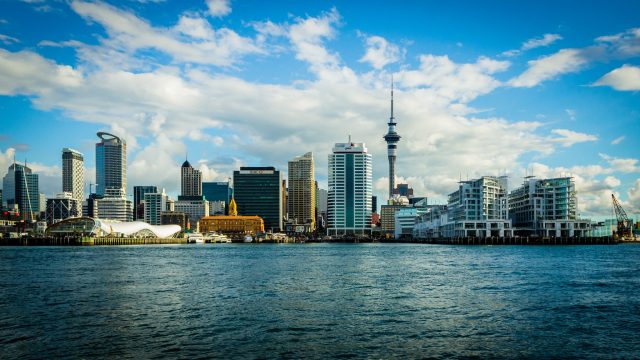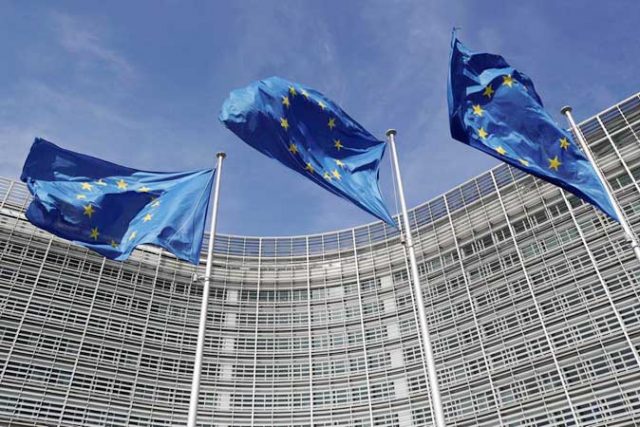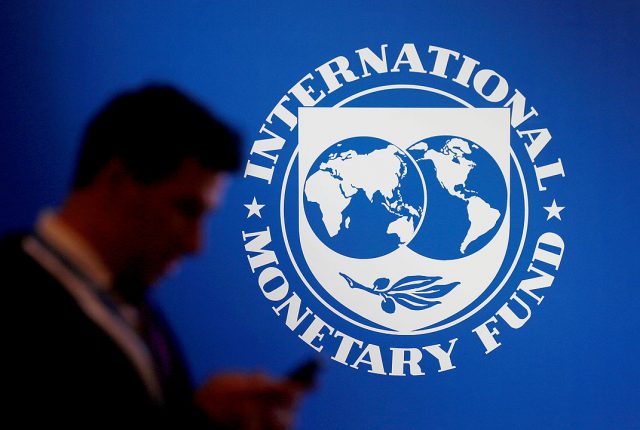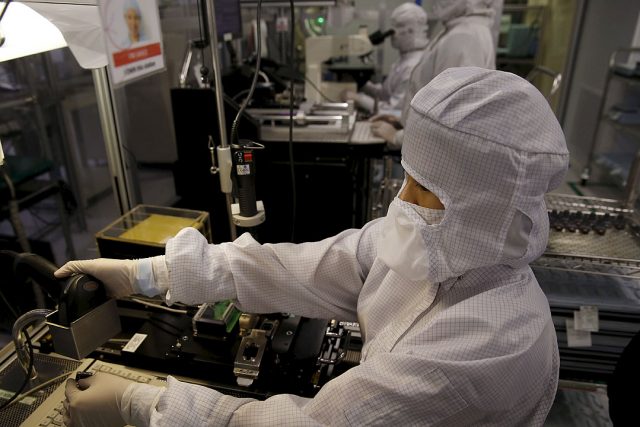Citi named Investment Bank of the Year in Asia by Banker Magazine
Citi Philippines plays role in win with banking team supporting institutional clients both in country and around the world
Citi was named Investment Bank of the Year in Asia for 2021 by the Financial Times owned Banker Magazine. Decided by an advisory panel including the Banker’s investment Banking editor, the award recognized Citi’s support for clients during the award period across its regional network.
Citi was also named globally as Investment Bank of the Year, Investment Bank for IPOs and Investment Bank for M&A.
Last year, Citi led multiple landmark deals across equity capital markets, debt capital markets, and mergers and acquisitions in the region including in the Philippines. This included roles on the successful US$1bn equivalent Monde Nissin IPO and Ayala Corporation’s US$400m perpetual bond. Citi has also led transactions that raised over US$10bn from global capital markets for Manila based the Asian Development Bank in 2021.
“Asia-Pacific is increasingly expected to be main growth region for global economic development in the coming years and, as a result, its vibrant capital markets are also expected to continue their strong upward trajectory. Citi, with its almost unrivalled international network, has been in a strong position to build up its presence and establish itself as a leading force within the region’s capital markets. The bank leverages the full breadth and depth of its cross-franchise strengths and relationships globally to deliver a comprehensive suite of solutions for clients in the region. It supports clients in established markets, as well as emerging markets,” read part of the editorial write up for the award.
Commenting on the strong performance of Citi Philippines’s institutional banking business, Citi Philippines CEO Aftab Ahmed noted, “We continuously enhance our relationships with institutional clients by working closely with them to understand their needs and find solutions that can help them manage and grow their businesses further. Citi’s global network in close to 100 markets enables us to provide clients with not only our full suite of products and services, but more importantly, value-added insights, best practices and thought leadership. This is our priority as a network bank, to connect our global clients to the Philippines and support our clients both locally and across Citi’s global network.”
Jan Metzger, head of banking, capital markets and advisory for Asia-Pacific at Citi, says: “We are running at record levels for capital raising for clients. This is a mix of balance sheet strengthening and financing to support growth. There is massive transformation happening across all industries, and with a global network this has helped sharpen our dialogue with clients as they increasingly want a global perspective.”
Spotlight is BusinessWorld’s sponsored section that allows advertisers to amplify their brand and connect with BusinessWorld’s audience by enabling them to publish their stories directly on the BusinessWorld Web site. For more information, send an email to online@bworldonline.com.
Join us on Viber to get more updates from BusinessWorld: https://bit.ly/3hv6bLA.














